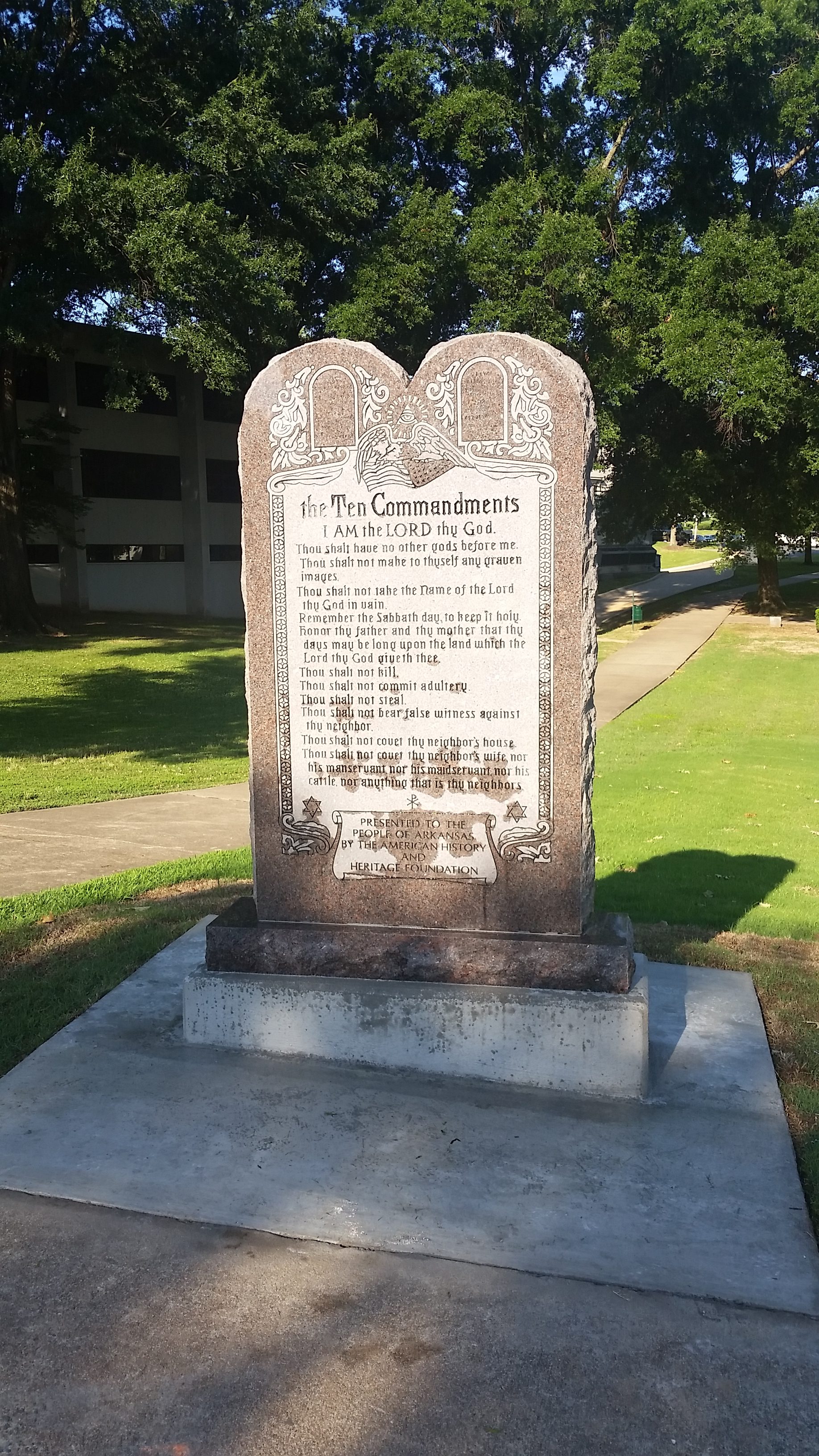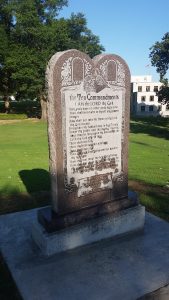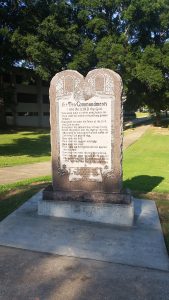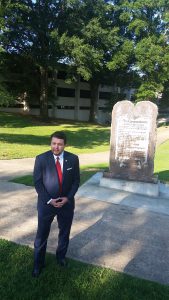Teacher Tells First-Graders Not to Talk About God
 Last month a public school teacher in Indiana sent notes home informing families that her classroom was not the “appropriate time or place” for students to talk about religion.
Last month a public school teacher in Indiana sent notes home informing families that her classroom was not the “appropriate time or place” for students to talk about religion.
The truth is, students have a constitutionally-protected right to talk about God and share their faith at school as long as they are not being disruptive. That means students can talk about their faith, read the Bible, or pray during free time.
It also means they can tie their faith into class assignments; for example, many students assigned essays along the lines of, “What person has influenced you the most?” have written about Jesus Christ.
Fortunately in this case the school district informed the teacher that the school cannot squelch students’ free speech or religious liberty.
You can download a handy flyer about students’ religious liberties here.
And don’t forget October 5 is Bring Your Bible to School Day. We are partnering with our friends at Focus on the Family to encourage students across Arkansas to take their Bibles with them to school on this day.
This is a simple way students can exercise their religious liberty and celebrate God’s Word at the same time.
This October, don’t go to school without your Bible. You can find out more about Bring Your Bible to School Day by clicking here.



 Last week Arkansas Attorney General Leslie Rutledge’s office issued
Last week Arkansas Attorney General Leslie Rutledge’s office issued 


